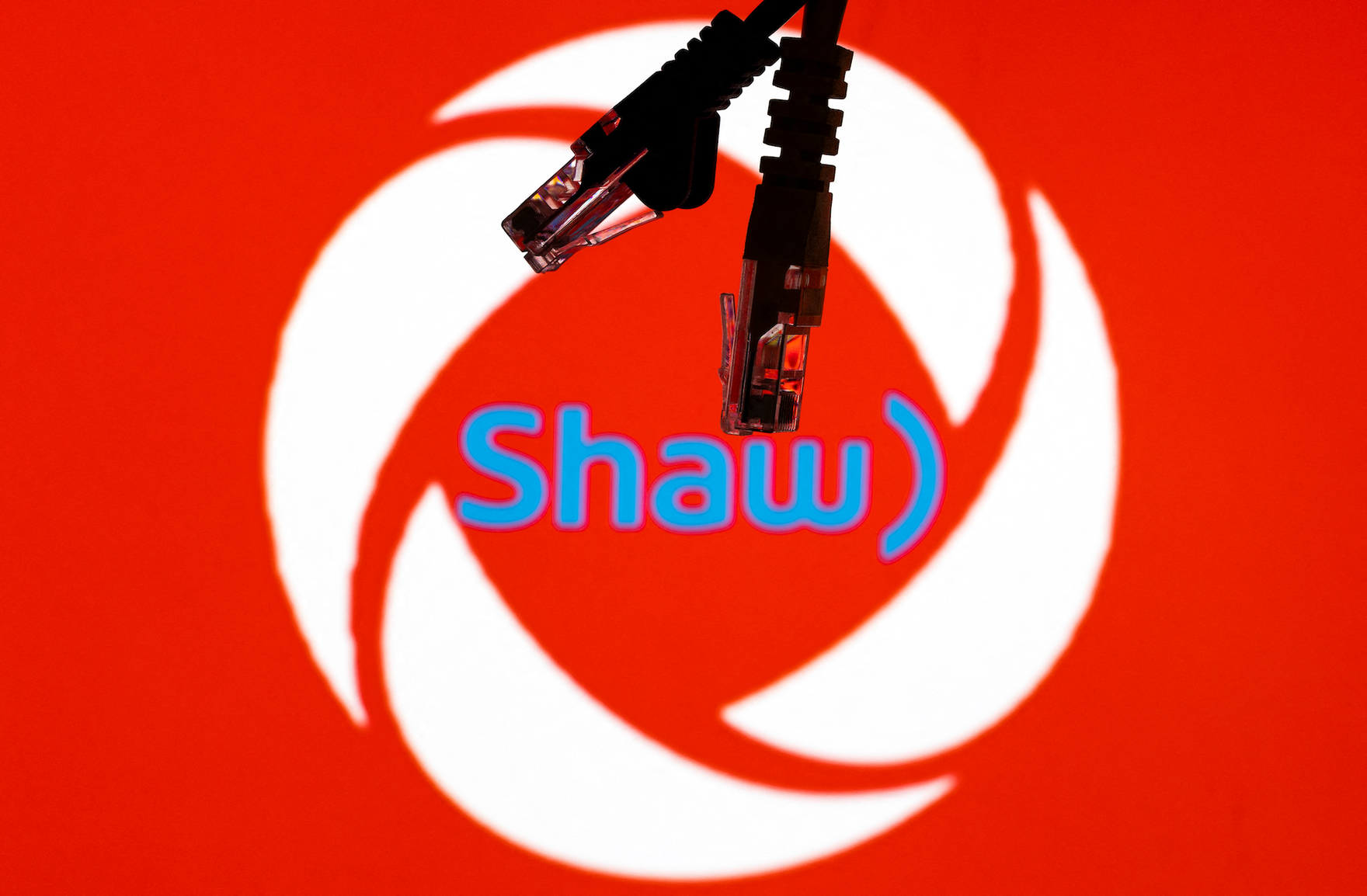On December 31, the Competition Tribunal killed the Competition Bureau’s bid to stop the $26 billion mega-merger between Rogers Communications and Shaw Communications — Canada’s second- and fourth-largest communications conglomerates.
Some have already criticized the decision for being rushed out the door just 15 days after two weeks and two days of hearings. On average, the Tribunal has taken 216 days to issue a ruling in such matters.
University of Ottawa law professor Jennifer Quaid has also asked, in a recent Globe and Mail article, whether the Tribunal may have created an unwise precedent by substituting and ruling on a revised version of the deal crafted by the merging firms rather than on the original one that the Competition Bureau had applied to block. This could encourage companies to do “an end run around how the review process is supposed to work,” Quaid says, by stonewalling the Competition Bureau with lowball concessions early in its review process, knowing that they can plunk down a better offer if the Bureau decides to play hardball and file an application to block a deal — as it has done in the Rogers-Shaw case.
For their part, Rogers and Shaw and the Tribunal argue that the merger is pro-competitive, because a web of deals struck between the two firms and Quebecor’s Vidéotron will see Shaw’s Freedom Mobile sold to the latter. While as yet undisclosed, we know those agreements offer discounted wholesale rates for Vidéotron to use Rogers networks, are longer-term than is usual, and likely more flexible with respect to the complex technical issues involved in offering competitive mobile wireless and internet access services.
After being spun off to Vidéotron, Freedom Mobile will become an even stronger fourth mobile wireless competitor in British Columbia, Alberta and Ontario, they say. This web of long-term contracts and discount deals will also allow Vidéotron to offer a bundle of wireless, internet access and television services able to compete head-on with the post-merger Rogers and Telus in Alberta and British Columbia. People will have more, rather than fewer, choices, say the merger’s advocates.
Over-and-against this rose-tinted view of the deal, there is another reason why we should be skeptical of such claims and continue to cheer on the Competition Bureau as it appeals the Tribunal’s decision. The same series of sweet deals and discount rates being lauded as the key to Vidéotron’s future success may collide with the Telecommunications Act’s prohibition on Rogers giving “undue preference” to itself or others. More specifically, the special terms that Rogers has offered to Vidéotron are better than the Canadian Radio-television and Telecommunications Commission (CRTC)–regulated wholesale offering available to any other competitor. As such, those terms are ripe to challenges that Rogers has given undue preference both to itself and to Vidéotron just to get this deal past the competition regulators. That may be in each company’s corporate self-interest, but it hardly justifies such a preference from a consumer standpoint, thereby making it an undue preference.
If this is the case, then the very thing that the Competition Tribunal invoked to justify why the Rogers-Shaw deal does not substantially lessen competition may, in fact, put two separate bodies of law — competition law and communications law — on a collision course. If so, the whole cleverly crafted edifice that girds the spin off of Freedom to Vidéotron may be vulnerable to being thrown out by the CRTC.
One can easily imagine other wireless competitors or independent internet service providers (ISPs), such as TekSavvy or others in the Competitive Network Operators of Canada trade group, launching such a case. The cornerstone would be that because the deals between Rogers and Vidéotron are not available to anybody else, those deals put rivals at an unjust disadvantage for no obvious reason other than that Rogers and Shaw needed to get the deal done in the face of stiff opposition.
If successful in their challenge, the special terms would be withdrawn, and in the Tribunal’s own words, put Vidéotron’s prospects in jeopardy. Ironically, Rogers would have little incentive to defend the sweet deals in such a scenario because, ultimately, a weaker Vidéotron Freedom — or one that collapsed altogether — would be in its best interest.
In that scenario, a year or two down the road, the Tribunal will have blessed a merger that should have been dead on arrival. Freedom Mobile will have been gutted as a strong fourth mobile network operator in Ontario, Alberta and British Columbia. Independent ISPs already struggling in the face of the incumbent cable and telephone companies’ long-standing campaign to kill the very same wholesale access regime that the Tribunal has made the centrepiece of its decision will likely be either dead or more hamstrung than they are now. The public interests of Canadians would be left in tatters, and for what?
There is a possible silver lining: The fact that the Tribunal itself sees the Rogers offer of reduced rates to Vidéotron as key to the Rogers-Shaw merger unintentionally acknowledges that the CRTC’s regulated wholesale access regime is urgently in need of reform. This recognition, in turn, may just help light a fire under the new leadership of the CRTC to improve what everybody but the incumbent communications carriers and the outgoing CRTC chair have known for years: the Commission’s wholesale access regime for mobile and internet services is a mess and does not serve competition, competitors or Canadians well.



